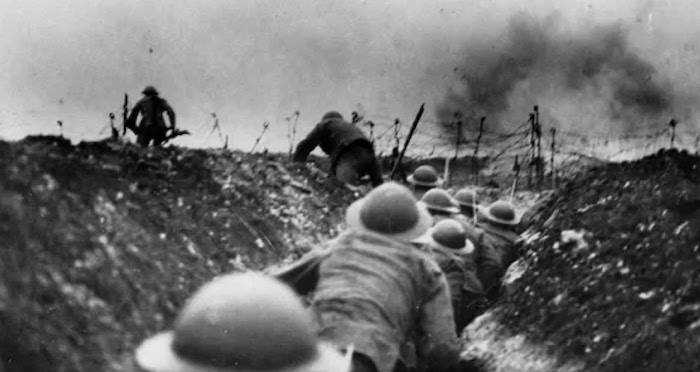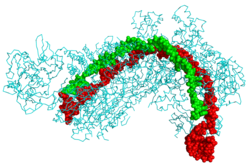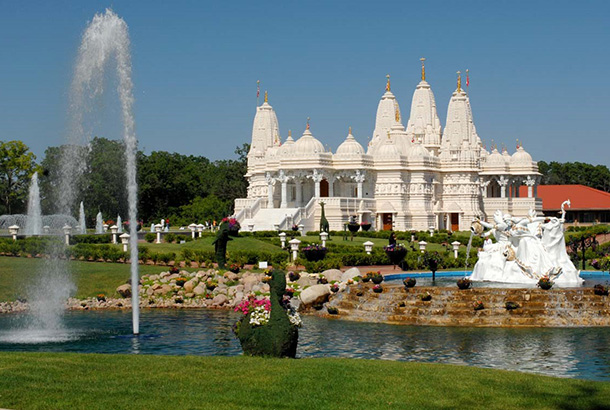Grace is unmerited favor. It is something we do not deserve, something apart, something that comes to us, unasked, unbidden, sometimes even unwanted: it's almost magical.
In December 2006, Charlie and Christine failed to return from a climb on a remote peak in southwestern China. Subsequent rescue efforts found nothing. Some months later, their bodies were found, likely victims of an avalanche.
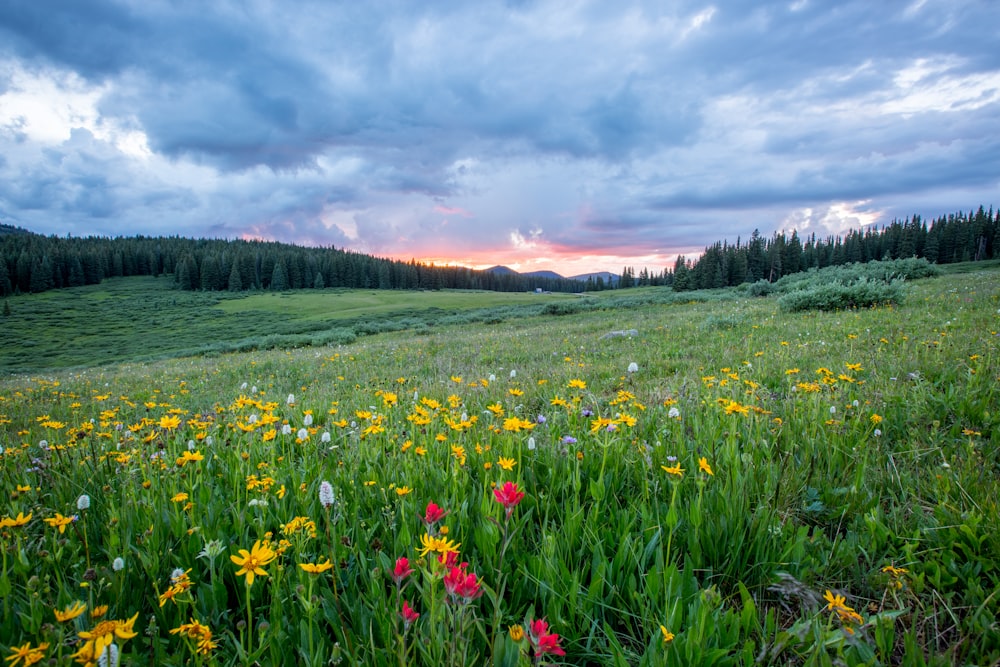 In a letter to one of his proteges (Titus), the apostle Paul, writing about Jesus, declares that, "The grace of God has appeared, bringing salvation to all people." There is grace, and there is grace. Some of us like to say that the universe "brought" grace and good favor to us. Maybe so. In truth, however, how can an impersonal universe intentionally bestow favor?
In a letter to one of his proteges (Titus), the apostle Paul, writing about Jesus, declares that, "The grace of God has appeared, bringing salvation to all people." There is grace, and there is grace. Some of us like to say that the universe "brought" grace and good favor to us. Maybe so. In truth, however, how can an impersonal universe intentionally bestow favor?Grace abounds in this world. That much is clear. Our challenge, indeed the central challenge of this Advent season, is to decide how we are to understand it. If grace is intentional, if grace is embodied and has directly and intentionally come, we live in a personal world. If it is random, if it just happens, we live in a meaningless cosmos. And "grace" just happens.
Which do you prefer?


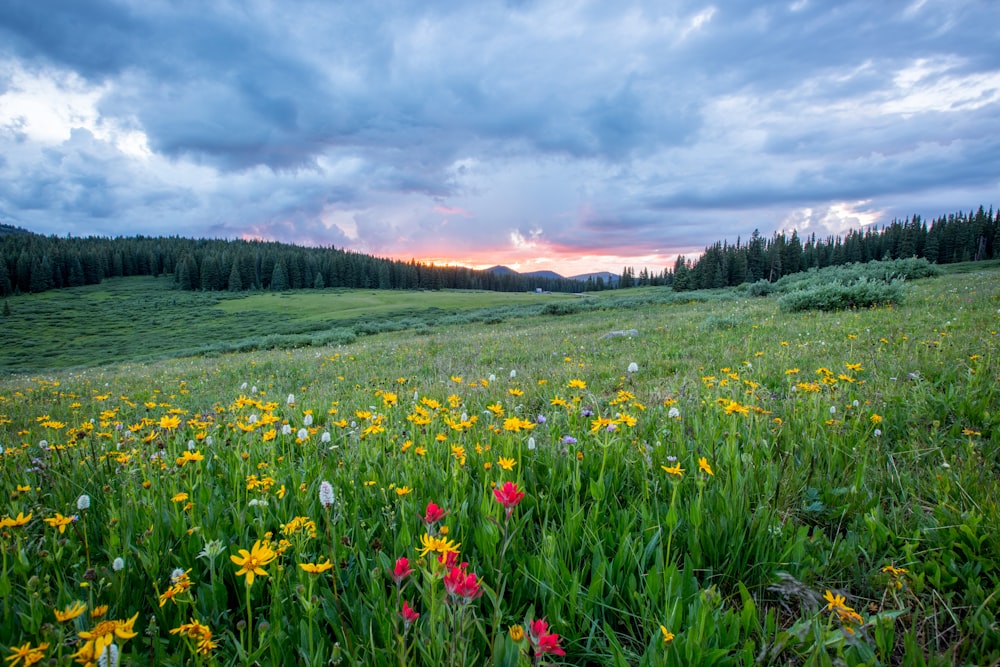
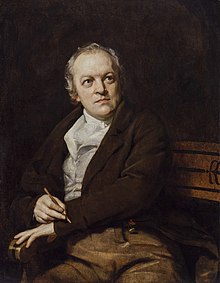
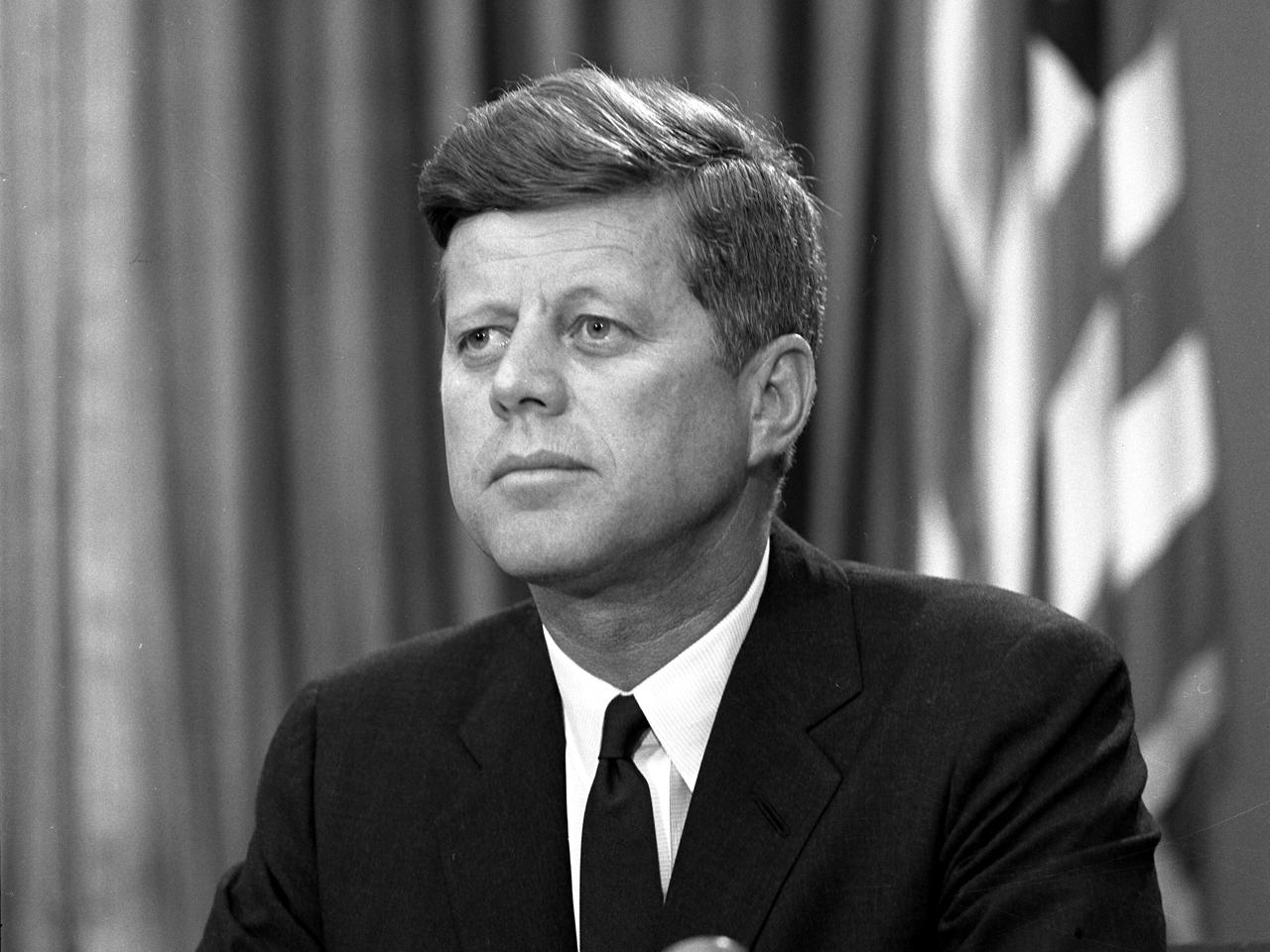

/clouds-5b6b4e50c9e77c0050491212.jpg)

